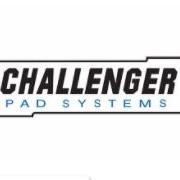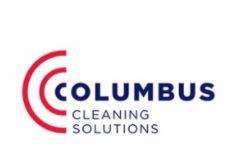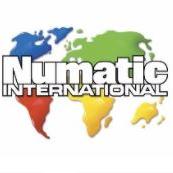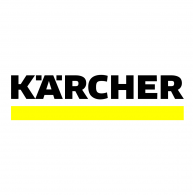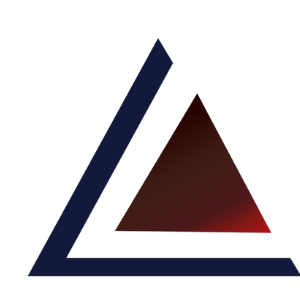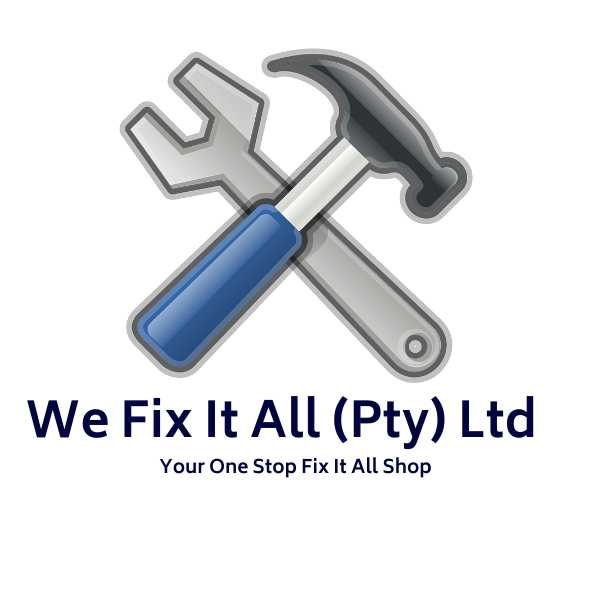
073 137 3137
Funding
Need Help with Purchase Order Funding?
Many businesses struggle to secure the necessary funds to purchase equipment or materials after receiving a purchase order—especially for cleaning tenders or supply contracts.
Whether you’ve been awarded a contract for cleaning services or need to deliver cleaning equipment and materials, we can assist you with Purchase Order Funding to help you fulfill the order without delay.
Get in touch with our agent, Khetha, at 067 999 9554 to learn more about how we can help you access the funds you need to grow your business.
Fast & Convenient Business Cash Advance – Funding in Just 72 Hours!
Get access to quick and reliable business funding ranging from R10,000 to R5,000,000 to help grow your business or improve cash flow.
Requirements:
Minimum monthly turnover: R45,000
Business must be operational for 12 months or more
Credit check applies
Required Documents:
Latest 3 months' bank statements
Company registration document (CK)
Owner's ID copy
Flexible Repayment Terms:
3 months – 8.5% interest
6 months – 17% interest
9 months – 21% interest
12 months – 26% interest
Need help or more information?
Contact Khetha on 067 999 9554 and get funded within 72 hours!
3 Months lay buy
Typically refers to a payment plan where a customer can make a purchase and pay for it over a period of three months, usually without accruing interest .Here’s how it generally works:
Initial Payment: The customer pays a portion of the total purchase price upfront, often a percentage of the total cost.
Installment Payments: The remaining balance is divided into equal installments to be paid over the next three months. These payments are typically due monthly.
No Interest: Unlike traditional credit options, lay buy plans often do not charge interest on the remaining balance. However, it's essential to confirm this with the provider.
Item Collection/Delivery: Depending on the terms, the customer may receive the purchased item immediately or after completing the final payment.
NYDA Funding
The NYDA (National Youth Development Agency) grant program in South Africa is designed to support youth-owned businesses with financing to help them establish and grow their ventures. Here's an overview of how the grants are structured:
Grant Amounts: The grants provided by NYDA range from R1,000 to R100,000. This range allows for flexibility depending on the needs and scale of the business.
Usage of Grants: Youth-owned businesses can use the grants for various purposes such as:
Financing business assets: This includes purchasing equipment, machinery, or tools necessary for business operations.
Working capital: Funds can be used to cover day-to-day operational expenses such as rent, utilities, salaries, and other overhead costs.
Purchasing stock: Grants can be used to purchase inventory or raw materials necessary for production or retail purposes.
3. Three Different Levels: The NYDA grants are typically categorized into three different levels or tiers. These tiers may include:
Micro Grants: Smaller amounts (starting from R1,000) aimed at very early-stage businesses or specific project needs.
Standard Grants: Moderate amounts suitable for expanding businesses or those needing substantial investment in assets or inventory.
Up to R100,000, intended for more established businesses looking to scale up operations significantly.
SEFA
SEFA stands for the Small Enterprise Finance Agency. It is a government agency in South Africa that provides financial and non-financial support to small and medium enterprises (SMEs) in order to promote economic growth, job creation, and entrepreneurship development. Here’s an overview of SEFA funding:
Purpose: SEFA's primary objective is to provide accessible and affordable finance to SMEs that may struggle to obtain funding from traditional commercial banks due to risk or other factors.
Types of Funding
Loan Finance: SEFA offers various loan products tailored to different stages of business development, from startup capital to growth and expansion financing.
Equity Finance: In some cases, SEFA may provide equity investments or quasi-equity funding to SMEs, typically in partnership with other investors.
3. Target Beneficiaries: SEFA primarily targets South African SMEs across various sectors, including manufacturing, agriculture, services, and technology. The focus is often on businesses that have the potential for growth, job creation, and contribution to the economy.
4. Loan Conditions: SEFA loans typically have favorable terms compared to commercial banks, including lower interest rates, longer repayment periods, and flexible collateral requirements. This is intended to support the financial sustainability of SMEs.
